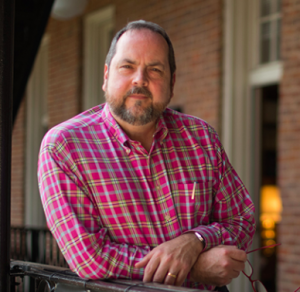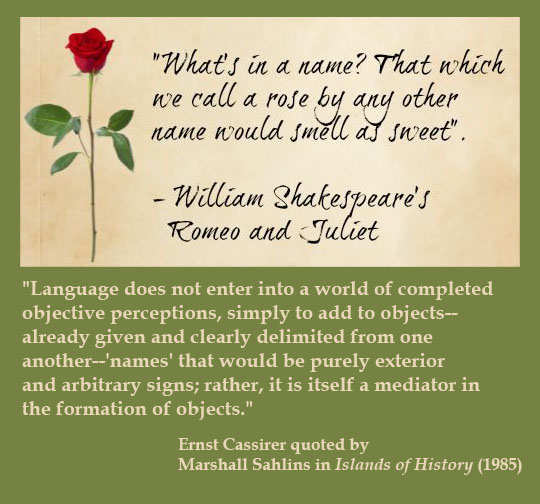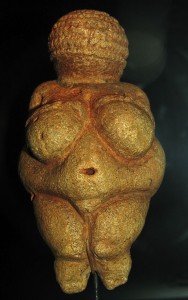“On the Spot” backs members of Culture on the Edge into a corner to talk about their backgrounds, their ongoing work, and what might be gained by an alternative understanding of how identity works.
 1. When people ask what you study, what do you tell them?
1. When people ask what you study, what do you tell them?
Depending who it is I might say “You” and then wink — if it’s a scholar of religion asking, that is. So although I was originally trained in what was called the philosophy of religion — taking doctoral courses on Plato, Kant, with a very early interest in what is commonly called the problem of evil, writing one of my three comprehensive exams on ancient Greek religion and philosophy, etc. — I soon moved to what our program at Toronto had just invented as method & theory, a bit of a catch-all category for some but which, at least for some of us, meant a particular approach to examining how scholars went about their work (not to mention an interest in developing naturalistic theories to explain the existence and function of religion). So although I had an early interest in theories of religion, I’ve come to be interested in theories of “religion” itself, so I study the history of my own field and the ways we go about our work, the tools we use and the larger institutional and social settings in which our work developed and is today carried out. So, really, I’m interested in the politics of classification, as exemplified in this one academic field but in a wide variety of other places as well, dipping into a tradition that owes much to, among others, the late Mary Douglas’s work in anthropology. Continue reading “On the Spot with Russell McCutcheon”





 This semester I’m teaching
This semester I’m teaching 
 While names become a personal part of our identification, ironically, most of us had no choice in our name. At least for many in the contemporary United States, the family choose the name before the baby is even born, making the name more about their prior image than something about the baby itself. A few people change their name legally, and many decide what form of the name they prefer. (Please call me Steven; it really is not too much effort to add that second syllable.) Both situations require recognition from others, either a court or those with whom you interact. (In my experience, that second syllable is too much to ask of some people, sigh.)
While names become a personal part of our identification, ironically, most of us had no choice in our name. At least for many in the contemporary United States, the family choose the name before the baby is even born, making the name more about their prior image than something about the baby itself. A few people change their name legally, and many decide what form of the name they prefer. (Please call me Steven; it really is not too much effort to add that second syllable.) Both situations require recognition from others, either a court or those with whom you interact. (In my experience, that second syllable is too much to ask of some people, sigh.)  My family is a family of identifiers. Whether it is a bird, tree, or salamander, we are often dissatisfied until we know which species it is. Thus we have binoculars and a whole shelf of Field Guides for identifying much of the flora and fauna. While others can certainly dissect the psychological interests behind the desire to know these names, the process of observation intrigues me.
My family is a family of identifiers. Whether it is a bird, tree, or salamander, we are often dissatisfied until we know which species it is. Thus we have binoculars and a whole shelf of Field Guides for identifying much of the flora and fauna. While others can certainly dissect the psychological interests behind the desire to know these names, the process of observation intrigues me.  What’s in a name? In “
What’s in a name? In “